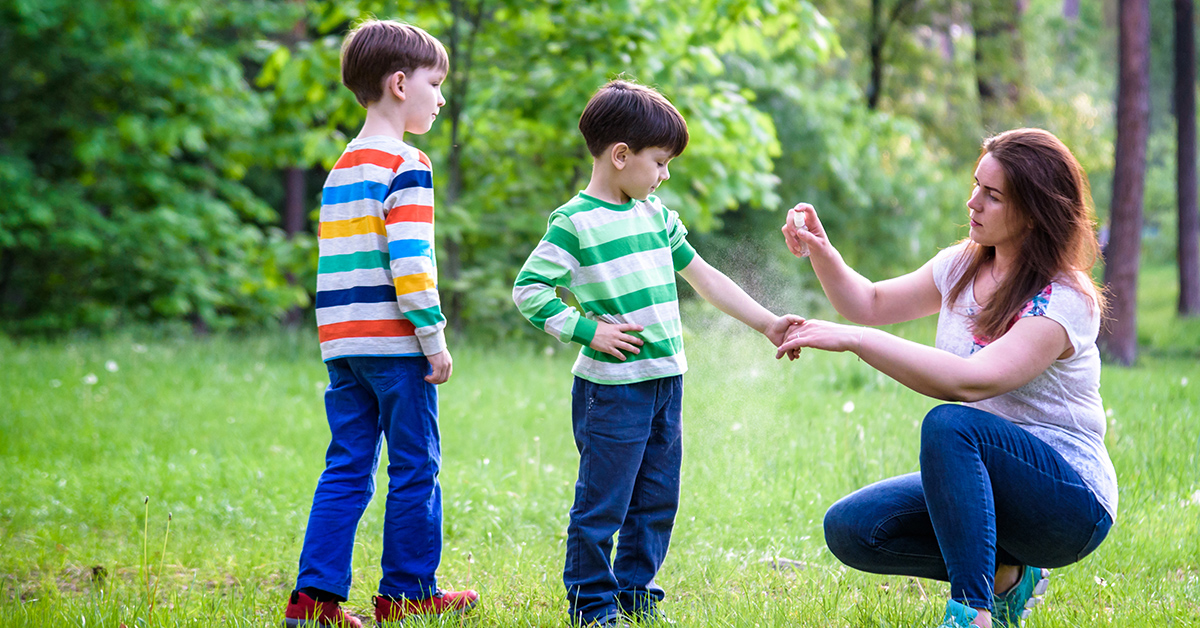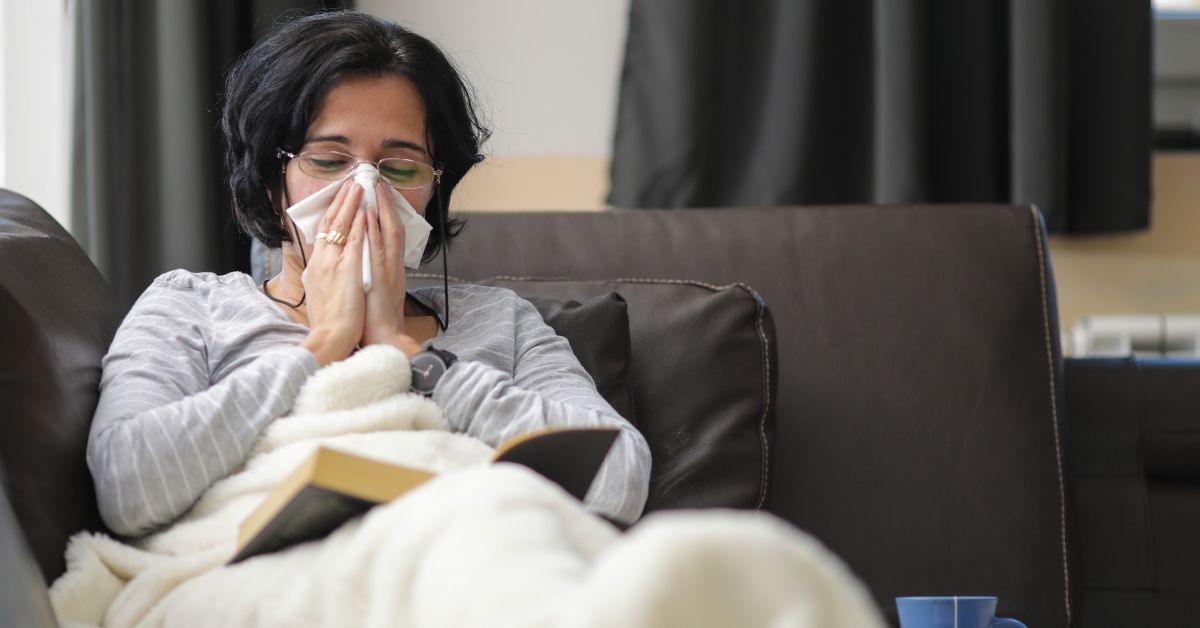It’s an unfortunate fact of life that, chances are, at some point your child will experience a traumatic event. Whether it happens to them directly or indirectly, it’s important to meet your child where they are and offer the support they need.
As parents, we can’t always be there to protect our children from experiencing trauma, but we can comfort them, communicate with them and be there for them during their healing process.
While no two traumatic events are the same – and no two children are the same – we’re here to offer up some guidance on how to have an effective dialogue with your child and help begin the processing experience.
Signs of distress by age group
- Preschool-aged children don’t necessarily process and cope with complex emotions like loss and tragedy the same way. If their behavior regresses to an earlier stage, they begin to “act out” or they become clingy, it’s a sign they’re distressed.
- Kids in their early childhood (ages 5 to 11) may begin withdrawing from activities they enjoy, begin “acting out” in school or at home and may also begin reverting back to behavior of an earlier stage in life.
- Teens and adolescents can show signs of vague physical complaints, abandon common tasks or other responsibilities and become disruptive.
How adults can help
Start the conversation
Providing your kids with a safe, non-judgmental opportunity to talk about the experience is key. They may sense your discomfort and not want to burden you with more, so setting aside time and being open about wanting to talk can help initiate the conversation.
Great conversation starters include:
- “How do you feel about what happened?”
- “What are you or your friends talking about in terms of the situation?”
- “I’d be really interested in hearing about what you think. I’m here if you want to talk.”
Admit you don’t have all the answers
Trauma is confusing to process for everyone and that uncertainty is scary for kids. They don’t need you to have all the answers; they need you to listen and reassure them everything will be OK.
Speak in a level they understand
Trauma is a very adult topic. Try to use language and examples with the age group you’re addressing.
Continue the conversation
Continue to check in even after the initial conversation and assure them the range and duration of the emotions they’re feeling is completely normal.
Stick to the positives
Empathizing and understanding the situation is very important, but trying to help focus on the good can help relieve some of the stress. Community support, individual heroic actions and families who come together to offer assistance can be beneficial topics to bring up.
Encourage action
Kids can feel a lot better, especially younger ones, when they have “a job.” If they’re feeling up to it, have them write letters to the victims and their families, send thank you notes to first responders or raise money for a charity.
Resources for when talking isn’t enough
If you feel like you’ve done what you’re capable of doing and your child still needs help, that’s OK, too. Here are a list of resources available to use in situations like this:
National Mental Health Information Center
Toll-Free: 1-800-789-2647 (English and Español)
National Suicide Prevention Lifeline
Toll-Free: 1-800-273-TALK (8255)
Office for Victims of Crime
Toll-Free: 1-800-851-3420
Mental Health America of Virginia
https://mhav.org/
South Carolina Department of Mental Health
https://scdmh.net/contact/
Also, learn about the behavioral and mental health services we offer at Bon Secours.





